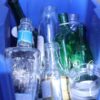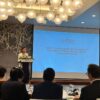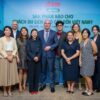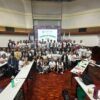APISWA Reports
APISWA works closely with many partners from government and civil society to advance a better understanding of our industry and overcome the challenges that we face.
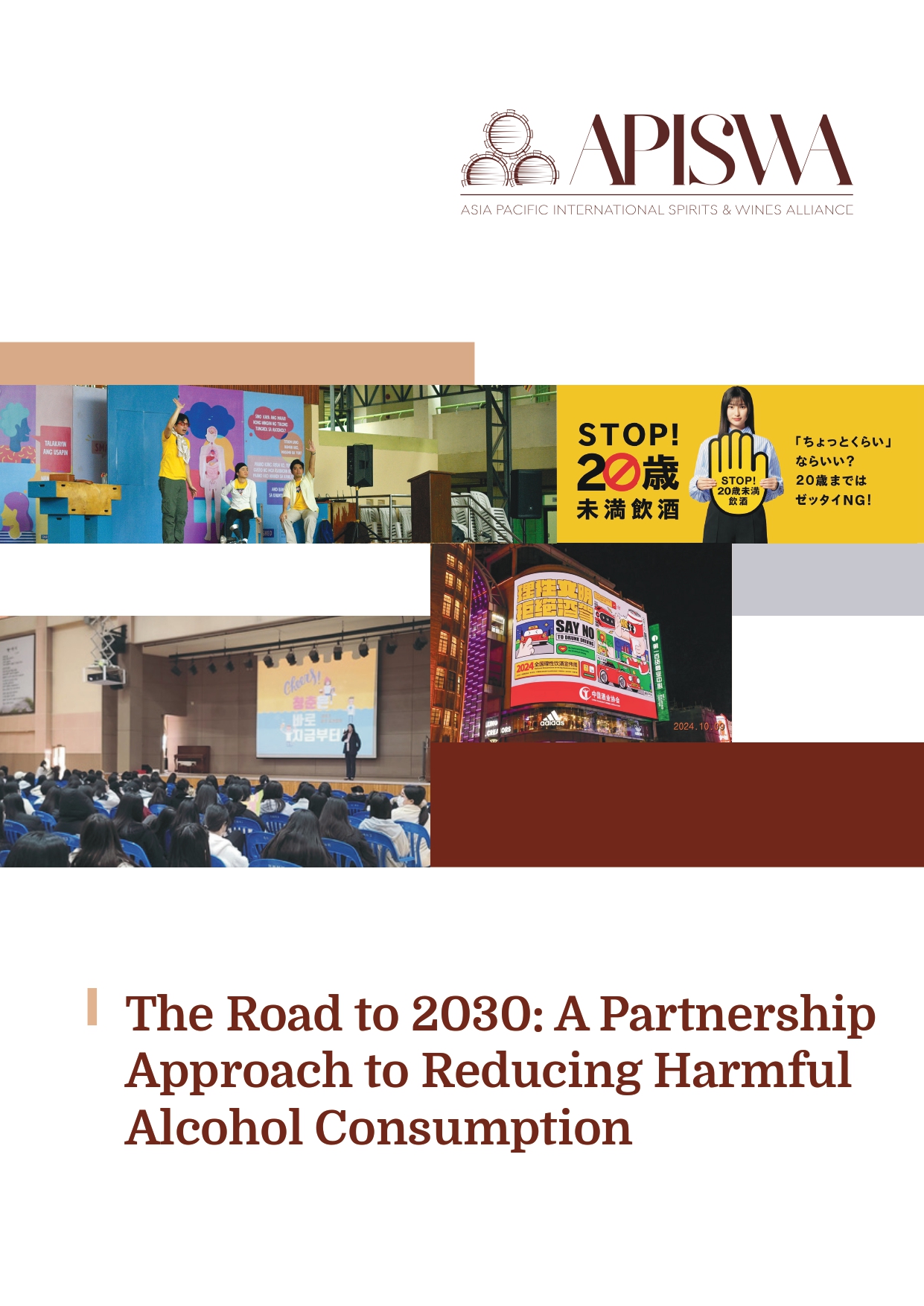
March 2025
The Road to 2030: A Partnership Approach to Reducing Harmful Alcohol Consumption
The report highlights the industry’s commitment to responsible drinking and harm reduction across the Asia Pacific. It covers initiatives promoting moderation, preventing underage drinking, and combating drink-driving. The report showcases industry partnerships, self-regulation efforts, and alignment with public health goals, reinforcing the industry’s role in fostering a balanced, responsible drinking culture in the region.
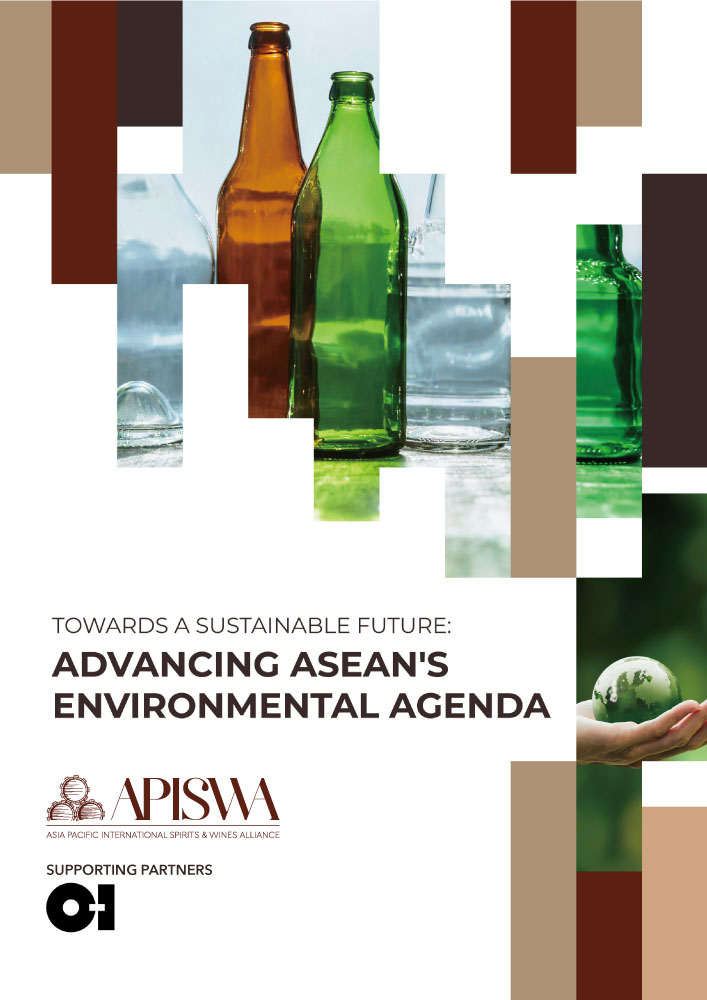
October 2024
APISWA Sustainability Report
APISWA’s Sustainability Report highlights member companies’ efforts to address climate change and promote sustainable development in ASEAN. It focuses on three pillars: Tackling Climate Change (SDGs 7, 13), Preserving Water Resources (SDGs 6, 14), and Moving to a Circular Economy (SDGs 9, 12). Given that up to 90% of carbon emissions come from Scope 3 activities, particularly packaging, the report emphasizes reducing emissions from glass packaging. With ASEAN governments implementing Extended Producer Responsibility (EPR) regulations, APISWA has launched initiatives to enhance glass collection and recycling, advancing the industry towards a sustainable, circular economy.
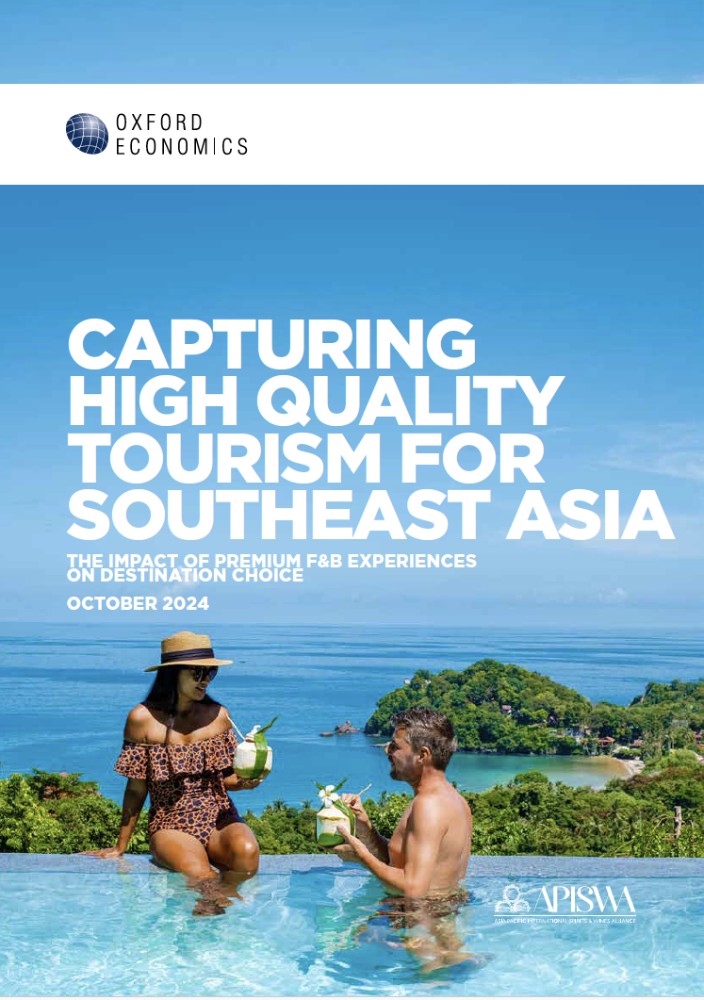
October 2024
Capturing High Quality Tourism In Southeast Asia
Southeast Asian tourism is shifting towards “quality tourism,” prioritizing immersive experiences over visitor numbers to boost economic benefits while minimizing environmental and social impacts. A study by Oxford Economics and APISWA surveyed 1,800 tourists from five major markets, revealing that premium food and beverage (F&B) experiences significantly influence destination choice. Travelers are willing to pay up to $250 more per day for high-quality F&B offerings, valuing diverse options, exceptional service, and safety. Policymakers are encouraged to refine tourism strategies, focusing on premium experiences that cater to varied preferences, ensuring competitiveness and enhancing the value of tourism in the region.
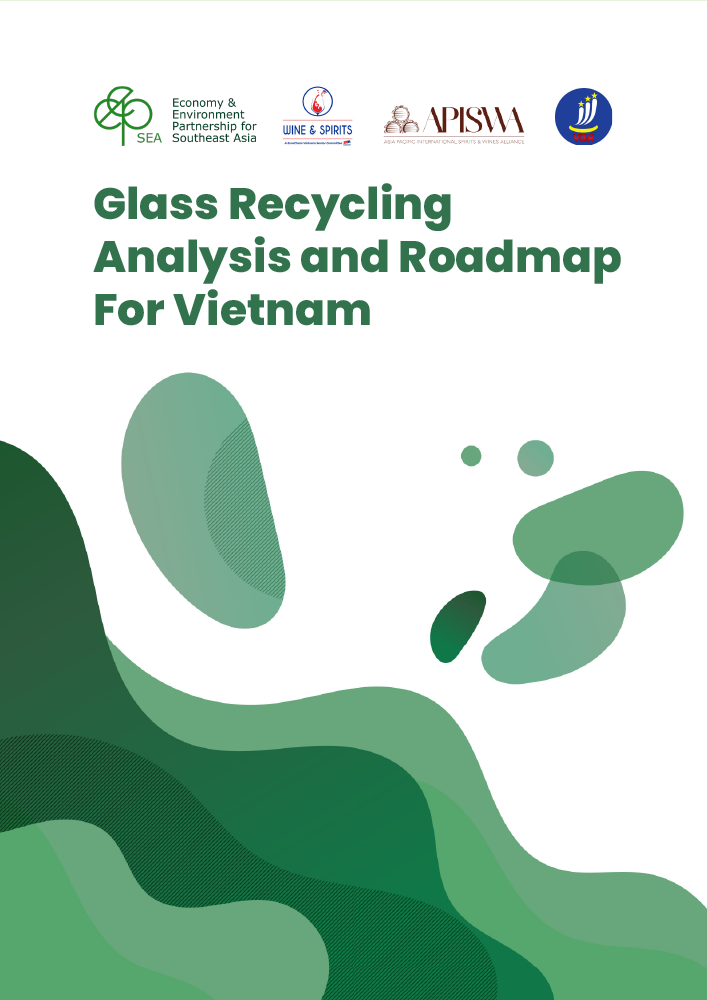
January 2024
Glass Recycling Analysis and Roadmap for Vietnam
This joint-report, published with the Economy & Environment Partnership for Southeast Asia (EEPSEA) investigates the feasbility of implementation of Extended Producer Responsibility (EPR) regulations, based on the current glass waste pathway in Vietnam, with 24 in-depth interviews conducted and 216 respondents along the waste value chain surveyed.
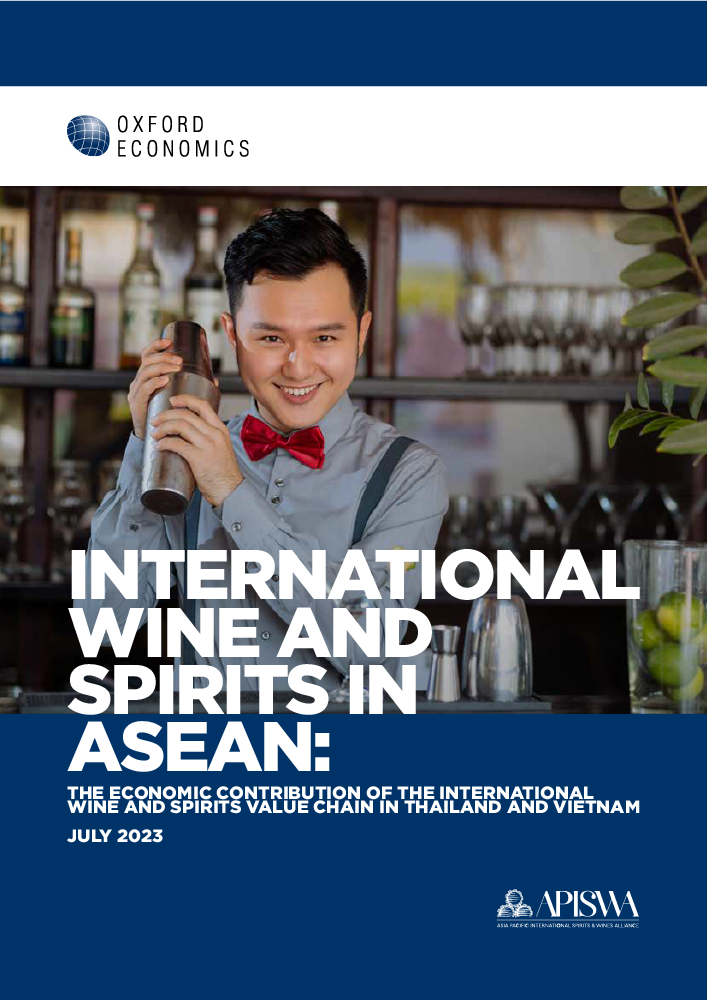
August 2023
International Wine and Spirits in ASEAN: The economic contribution of the international wine and spirits value chain in Thailand and Vietnam
Economies in Southeast Asia, which are heavily dependent on the tourism and hospitality sectors, were hit hard by the Covid-19 pandemic. As travel rebounds across the region, this Oxford Economics report studies the contribution of international wine and spirits—a key component of the tourism and hospitality offering—to the recovery in Thailand and Vietnam.
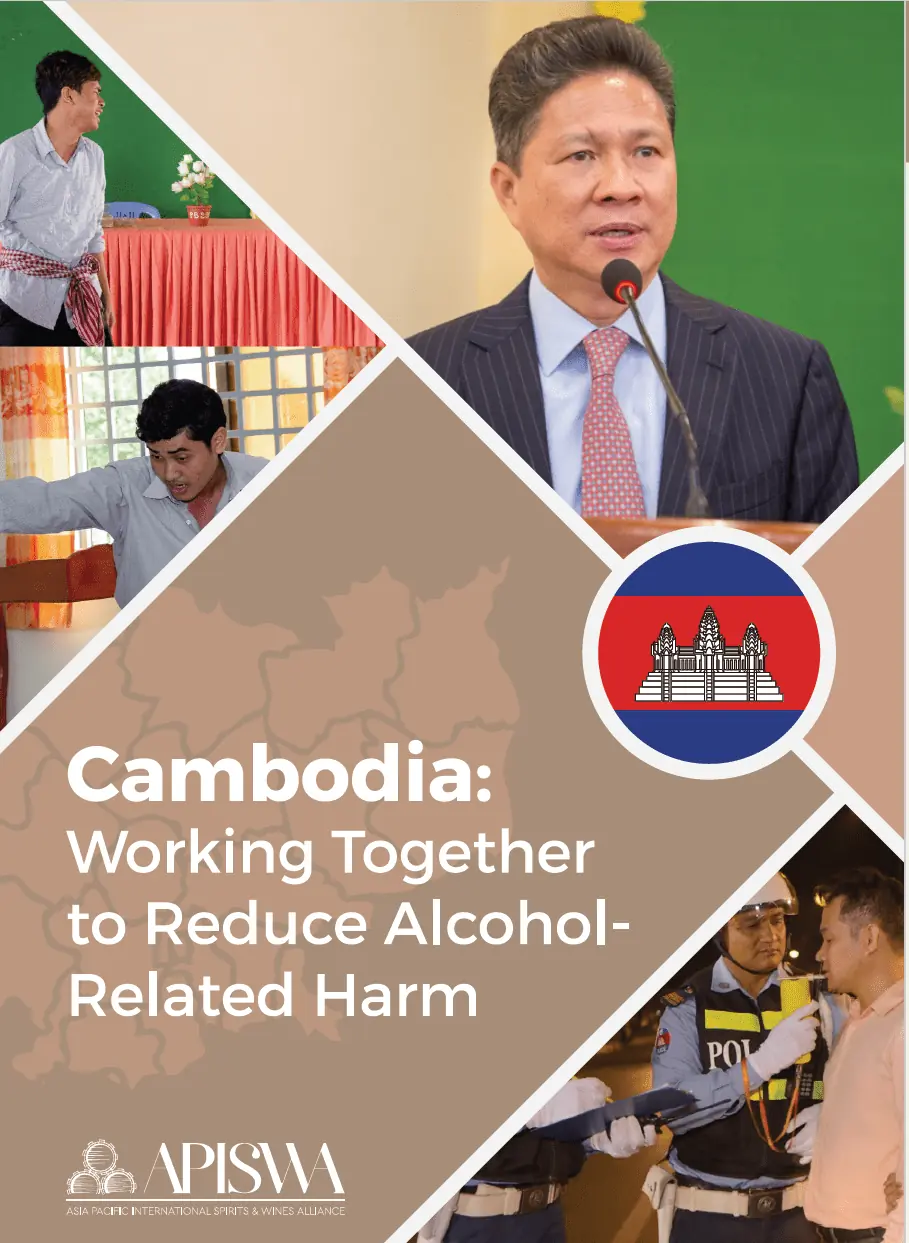
January 2023
Cambodia: Working Together to Reduce Alcohol-Related Harm
This booklet features a compilation of responsibility initiatives implemented by the wines & spirits industry between 2017-2022 to tackle harmful drinking in Cambodia.
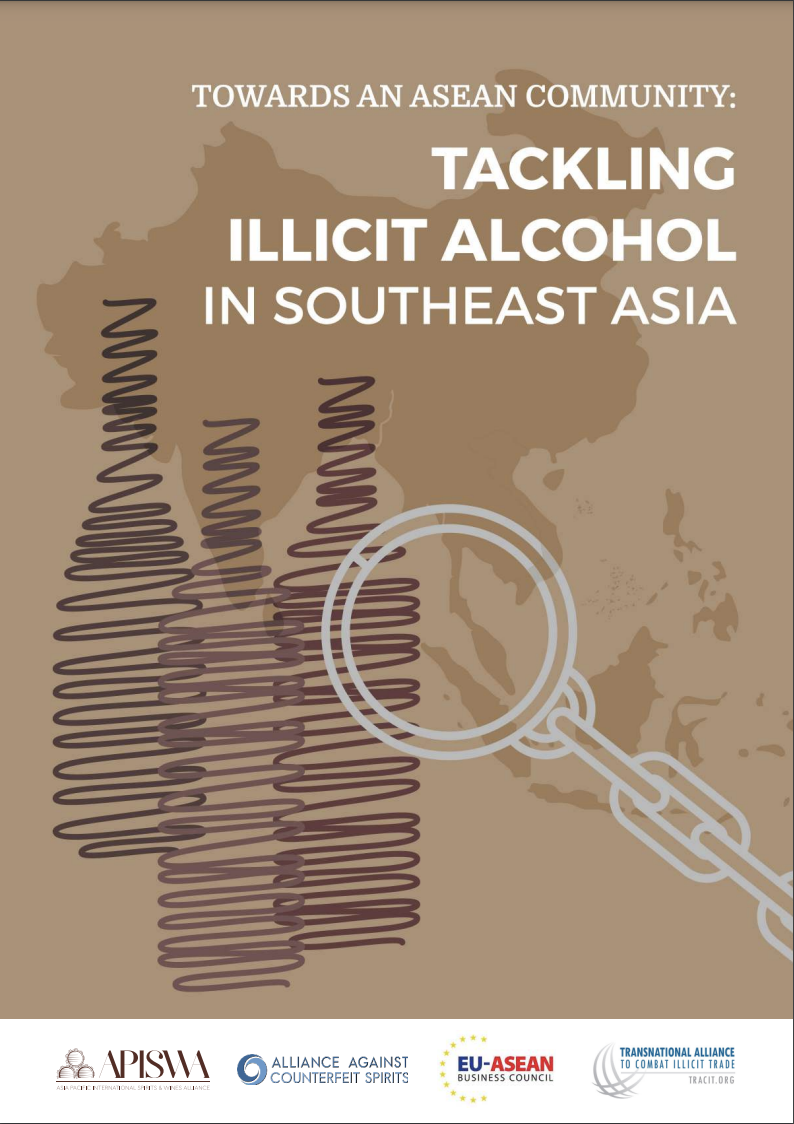
November 2022
Towards an ASEAN Community: Tackling Illicit Alcohol in Southeast Asia
Co-authored by APISWA together with the Transnational Alliance to Combat Illicit Trade (TRACIT), the EU-ASEAN Business Council (EU-ABC) and the Alliance Against Counterfeit Spirits (AACS), this report paves the way to effectively counter illicit trade in alcohol in the ASEAN region.
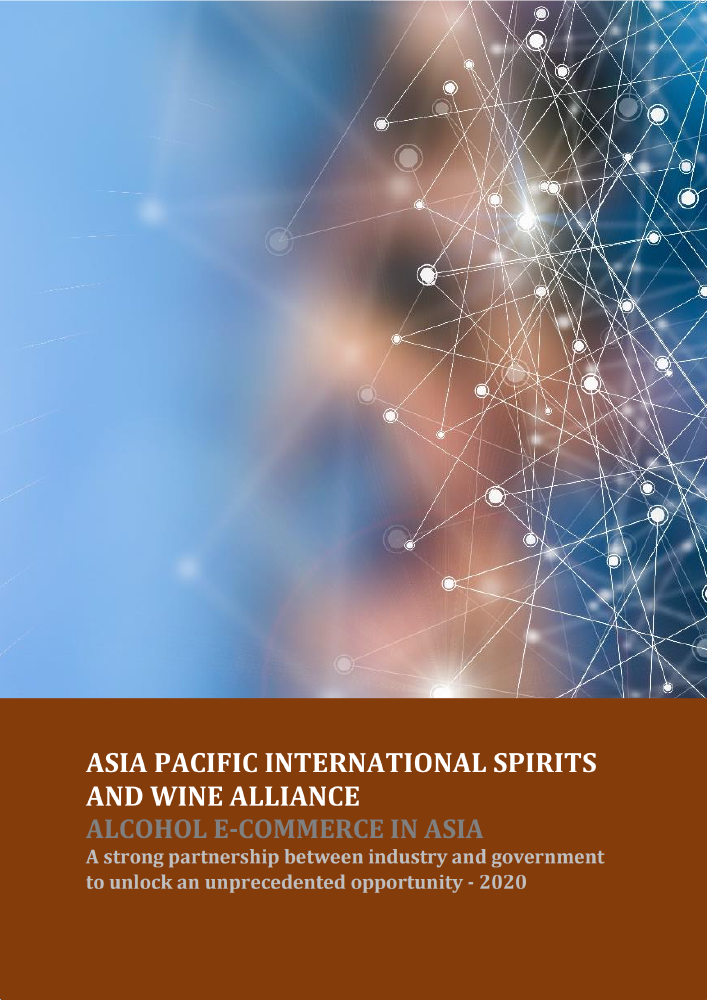
December 2020
ALCOHOL E-COMMERCE IN ASIA: A strong partnership between industry and government to unlock an unprecedented opportunity
With the rise of Asian middle class, e-commerce sales in Asia are continuing to accelerate rapidly and
create a unique growth opportunity for e-commerce alcohol sales.
Consumers of younger and wealthier socioeconomic strata are more tech-savvy, more accustomed to the convenience of online orders and delivery and tend to experiment and change preferences more frequently.
This Regulatory Dossier covers nine ASEAN countries (Brunei, where the sale of alcohol is prohibited, is excluded), China, Taiwan, South Korea and New Zealand.
